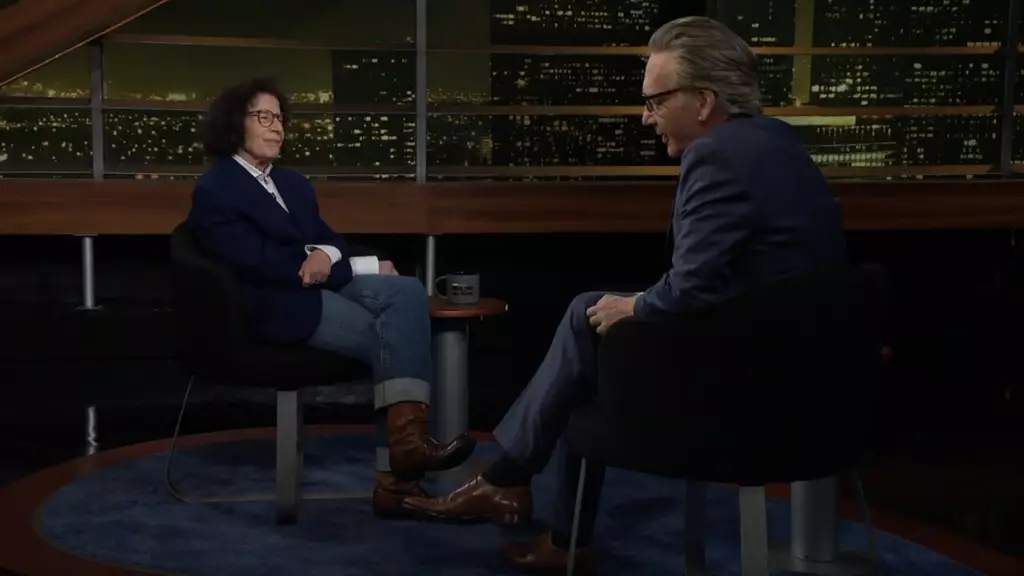The recent arrest of Sean ‘Diddy’ Combs, alongside mounting allegations against him, has reignited a pressing discourse surrounding accountability in the music industry. Bill Maher brought this issue to the forefront on his show, expressing incredulity at how Combs managed to evade scrutiny for so long. The conversation, particularly with writer Fran Lebowitz, probes deeper into a systemic issue that has largely gone unaddressed, contrasting the music industry with other sectors like journalism, which have faced stringent consequences under the #MeToo movement.
Maher’s critique positions the music industry as a “cesspool of misogyny” where abuse seems endemic. His observations reflect an ongoing pattern where high-profile figures have leveraged their wealth and power to escape the consequences of their actions. The disparity in how various industries have responded to allegations is stark. For instance, while figures in other sectors, such as NPR, faced immediate backlash, the music industry appears to operate under a cloak of impunity. Lebowitz underscores this divergence in a capitalist framework where financial gain supersedes ethical accountability, suggesting that the lucrative nature of the music business shields it from the critical scrutiny imposed on other fields.
Lebowitz posits that the financial stakes in the music industry contribute significantly to its culture of silence and complicity. She indicates that many stories have circulated for years yet remained hidden from the public eye, indicating not only complicity but also a troubling normalization of such behavior. The conversation shines a light on the broader implications of capitalism, where profitability leads to a disregard for moral accountability. This reflects a troubling reality where the pursuit of success often comes at the expense of vulnerable individuals.
The recent allegations against Combs are not isolated incidents. Following his ex-partner Cassie Ventura’s lawsuit detailing serious accusations of abuse, other individuals have come forward with claims of their own. The sheer volume of allegations paints a grim picture of a culture where individuals feel intimidated and powerless against influential figures. When another Jane Doe filed a recent lawsuit against Combs, alleging drugs, intimidation, and rape, it illuminated the sheer volume of pain that remains unaddressed within the industry.
As these stories rise to the surface, the question remains: why has it taken so long for these issues to come to light? The dialogue initiated by Maher and Lebowitz serves as a vital catalyst in calling for industry-wide changes. As public awareness grows, it is imperative that meaningful action is taken to not just hold individuals accountable, but to restructure the industry in a way that protects artists and workers alike. The ongoing narrative surrounding figures like Combs exposes the fractures in an industry that has largely evaded the reckoning seen in others, revealing a pressing need for cultural transformation.
As the sordid tales of abuse resurface, the music industry cannot remain in the shadows any longer. The time for accountability, transparency, and change is now, as voices long silenced demand to be heard.

Leave a Reply